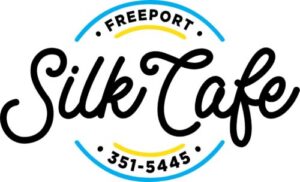Forensic Accounting
How FACS Can Help
Specializing in fraud risk management and control, we help our clients by developing the appropriate mechanisms to detect, prevent and respond to fraud and fraud risks. Fraud Prevention is key, deterring perpetrators will minimize fraud risks, as well as it is a vital part of any fraud management program.
The aftermath of fraud can leave an organization reeling, regardless of size. The extent of the damages can have a lasting impact and recovery can be difficult.
Service Offerings
Fraud Monitoring
Whistle Blowing Hotline
Enhancing Fraud Management Plan
Fraud Risk Management
How The Process Works
GET STARTED
Consultation
Reach out to us and let us know which services you are interested in. We will assess your needs free of charge.
Teamwork
Engage us and we work together to uncover your challenges and provide solutions.
Success
We monitor those solutions and make necessary changes. We analyze and deliver favorable results through various means.
To fight fraud we must understand how it occurs. The fraud triangle developed by Donald Cressey, outlines three main factors that influence perpetrators to commit fraud.
Opportunity – a means to make something possible to do, it is often the most difficult to spot but easiest to control, through adjusting organizational processes and implementing or tightening controls.
Pressure – often times individuals face hardships, and other influences that drive them to needing or wanting more resources or money to acquire those resources.
Rationalization – involves justifying the fraudulent act or realizing that the gains far outweighs the consequences of detection. It could be as simple as concluding that one does not have enough to provide for one’s family, or extreme as I deserve more.
Whatever the reason for fraudulent acts, organizations can take an offensive approach to reduce fraud risks and minimize losses. The organization stands to lose in many ways, from the fraud itself, having to hire an expert to investigate, having to minimize or eliminate the opportunity that allowed the fraud to take place, and from having to go through the process of filling the position of the perpetrator.
Clients





